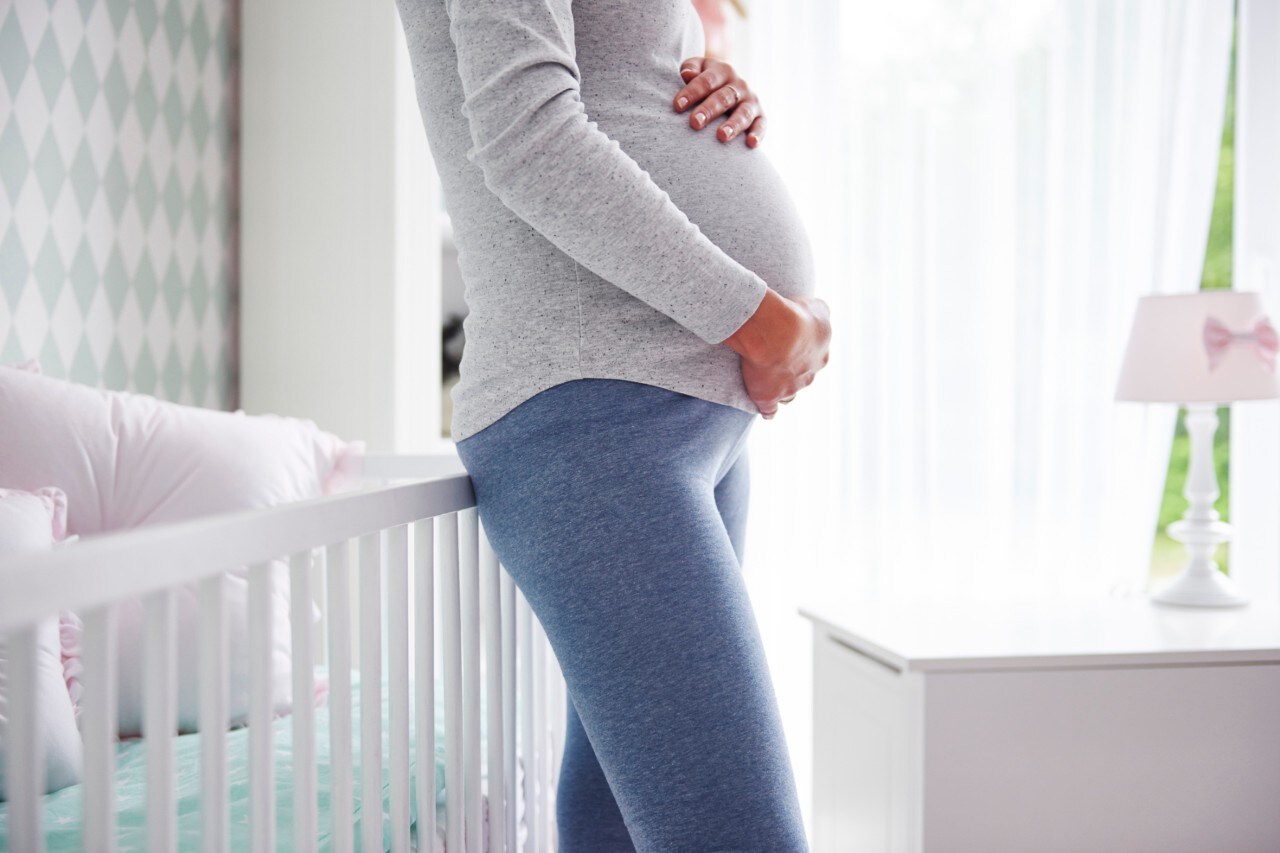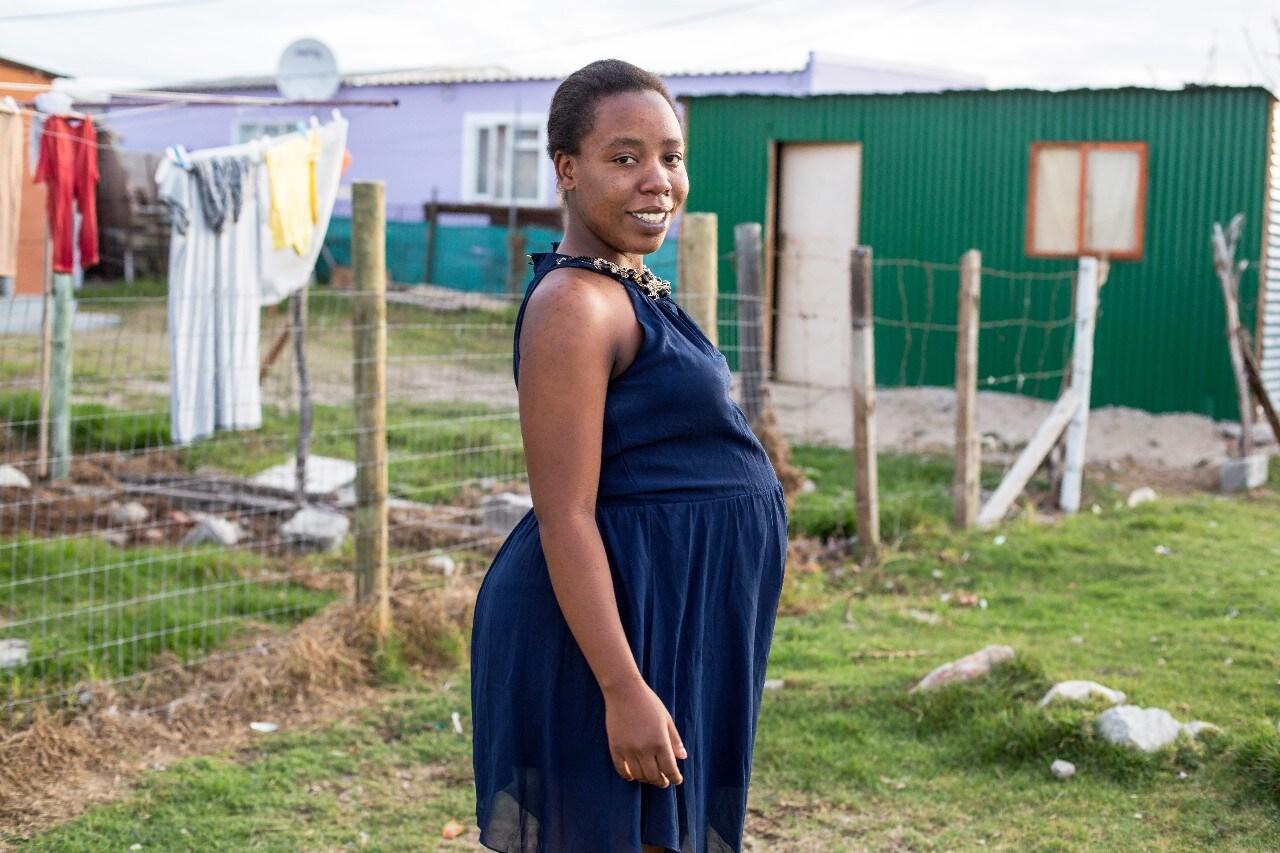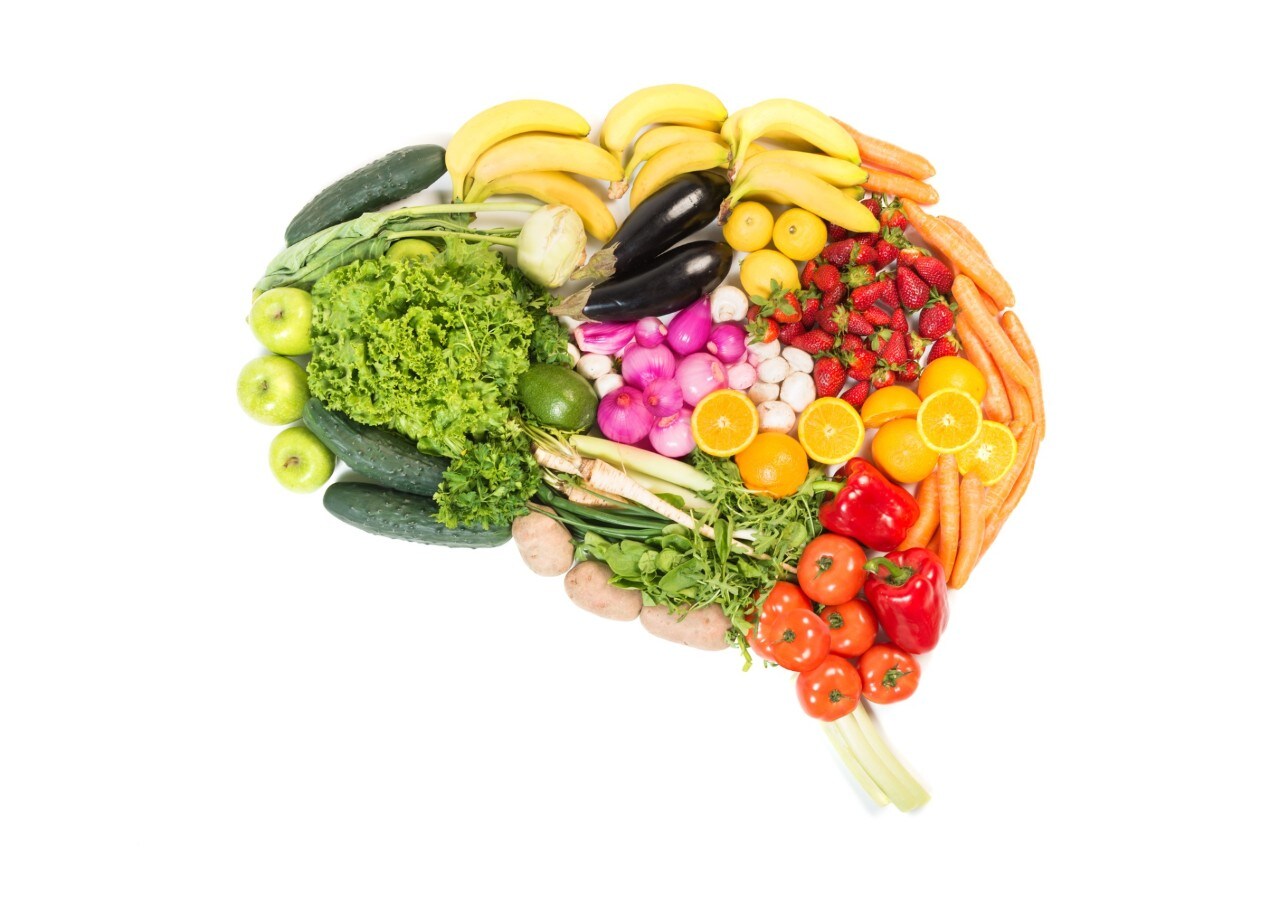Good nutrition is the foundation of good health and good health is especially important for women because it affects the health of their children and future generations. Pregnancy is a time when nutritional needs are higher. The effects of nutrition on the developing foetus last a lifetime, whether that effect is good or bad.
Well-nourished women are more likely to have healthy babies, and keep them healthy by providing the breastmilk they need to thrive – exclusive breastfeeding from birth (starting within he first hour) to 6 months and continued breastfeeding to 2 years and beyond. Click here for more information on the bounty of breastfeeding benefits.
Under-nourished women, or adolescent mothers who themselves are still growing, are more likely to have preterm babies, problems with foetal development and growth which can lead to pregnancy loss, birth defects, long-term metabolic disturbances, and babies who are too small at birth.
Underweight babies are at increased risk of death in their early months and years. Those who survive are predisposed to serious health problems throughout their lives. They tend to remain undernourished and have weak muscles and lower IQs. They also have impaired immune function and a higher incidence of diabetes and heart disease as adults.
The 10 essentials for a healthy pregnancy, and therefore a healthy baby, are:
- Eating a variety of nutritious food - energy requirements increase by about 12 percent during pregnancy.
- The right essential vitamin and mineral (micronutrient) supplements.
- Drinking enough (6-8 glasses) clean, safe water.
- Ensure food is safely prepared and stored.
- Good antenatal care (at least 4 visits during a healthy pregnancy).
- Suitable weight gain – not too much and not too little.
- Suitable physical activity.
- Get enough sleep.
- No alcohol, tobacco, or other harmful substances. Restrict caffeine intake as well.
- Protect against malaria.
Micronutrients are vitamins and minerals that are needed by the body in very small quantities but are essential for normal functioning, growth and development. During pregnancy, women need more micronutrients; not getting them has a negative effect on their health and that of their babies.
Click here for our infographic giving valuable information and useful tips and hints.
One should always strive to get micronutrients from a sustained diet of nutritionally dense foods, but some nutrient needs are challenging to meet in pregnancy with diet alone, let alone if one is feeling nauseous or tired. This is why most countries recommend supplements and fortified foods during pregnancy.
Even worse, nutrition needs are often too difficult and expensive to achieve in low- and middle-income countries where food insecurity is common. This means there is often an important nutrient gap between what a woman needs, and what she gets from the food she eats. In these countries women generally don’t get enough fruit, vegetables and animal protein, so micronutrient deficiency is the norm, but it has a devastating effect on the well-being of the population and especially on the next generation, who often go undernourished while growing and developing in mum’s tummy, hence the need for supplements.
That is why the World Health Organization (WHO) and UNICEF recommends that pregnant and breastfeeding women take a daily supplement of iron and folate. And many believe that pregnant women need more than just iron and folate supplements and should also have a range of multivitamins. Is it wise to discuss supplementation with your healthcare professional (pharmacists, doctor, clinic sister or dietitian). In fact, woman should start taking supplements when they start planning a pregnancy. Why? The first few months of pregnancy are a critical time for a healthy start to the growth of the baby and, that is often when the woman doesn’t even know she is pregnant, so she might not yet be taking in sufficient of the vital vitamins and minerals.
The Target Pregnancy Diet
Mothers need to know what constitutes a healthy diet so that they spend what budget they have on the right choices for themselves and their babies.
CARBOHYDRATES give you and your growing baby energy, ensure that your baby isn’t born underweight, and help to stop you feeling sick.
- Potatoes, bread, rice, pasta, cereals, yams, chappatis, etc. Where possible, choose wholegrain or high fibre options with no added fat, salt and sugar.
FRUIT AND VEGETABLES are full of essential vitamins, minerals and fibre. Try to eat at least 5 servings a day.
- The more variety (both in type and colour) you get, the better, but even an apple and carrots every day is better than nothing. You can have your fruit and veg fresh, frozen, tinned, dried or as juice – they are all good for you and your baby. Again though, limit fat, sugar and salt when preparing your fruit and veg.
PROTEIN is essential for your health and your baby’s growth, and is a good source of iron, the micronutrient that helps your baby’s brain develop and that is often missing in women’s diets.
- You get protein from meat, eggs, fish and chicken as well as from legumes/pulses (beans, lentils, chickpeas, dried peas). The ideal is to eat two portions of protein per day. They don’t have to be big: a piece of meat or fish the size of your palm is adequate.
DAIRY products are a good source of calcium. They help build strong teeth and bones in your baby and keep yours healthy.
- You get calcium from milk, yoghurt and cheese (if you eat soya alternatives check that calcium has been added). Other non-dairy foods that have some calcium include spinach, broccoli, tofu, beans, dahl, sardines, almonds, dried fruit and sesame seeds.
GOOD OILS AND FATS for optimal health.
- Your body needs the right oils and fats but try to keep to small amounts to avoid putting on too much weight during pregnancy. Remember that the type of fat is more important than the amount of fat. Most important are DHA (docosahexaenoic acid) one of the long-chain omega-3 fatty acids, and arachidonic acid (ARA) an omega-6 fatty acid that is one of the most important components required for brain maturation and eye health. DHA and ARA accumulate in the foetal brain and nerves. Sources of DHA and ARA: DHA – Fatty fish; ARA – meat (including chicken), eggs. Click here to read more about the importance of nutrition and brain development for the growing baby.
FLUIDS need to be kept topped up as your baby is living in a watery world inside you.
- Water is best and you need to drink six to eight glasses of clean, safe water a day, more if you’re vomiting and exercising. You need to avoid alcohol and caffeine while pregnant – this includes coffee, tea, energy drinks and even some medicines.
Often during pregnancy, women often endure a range of ailments that might negatively impact on their food intake and both their and their baby’s need for vital nutrients that support growth, development and health throughout life. Click here to read more about dealing with these challenges.
Pregnancy is a good time to think about what you’re eating. What you eat now will help your baby to grow healthily and give them the best start in life and help you to feel your best.










